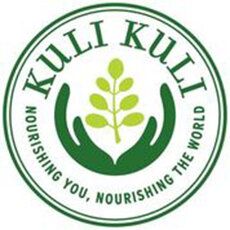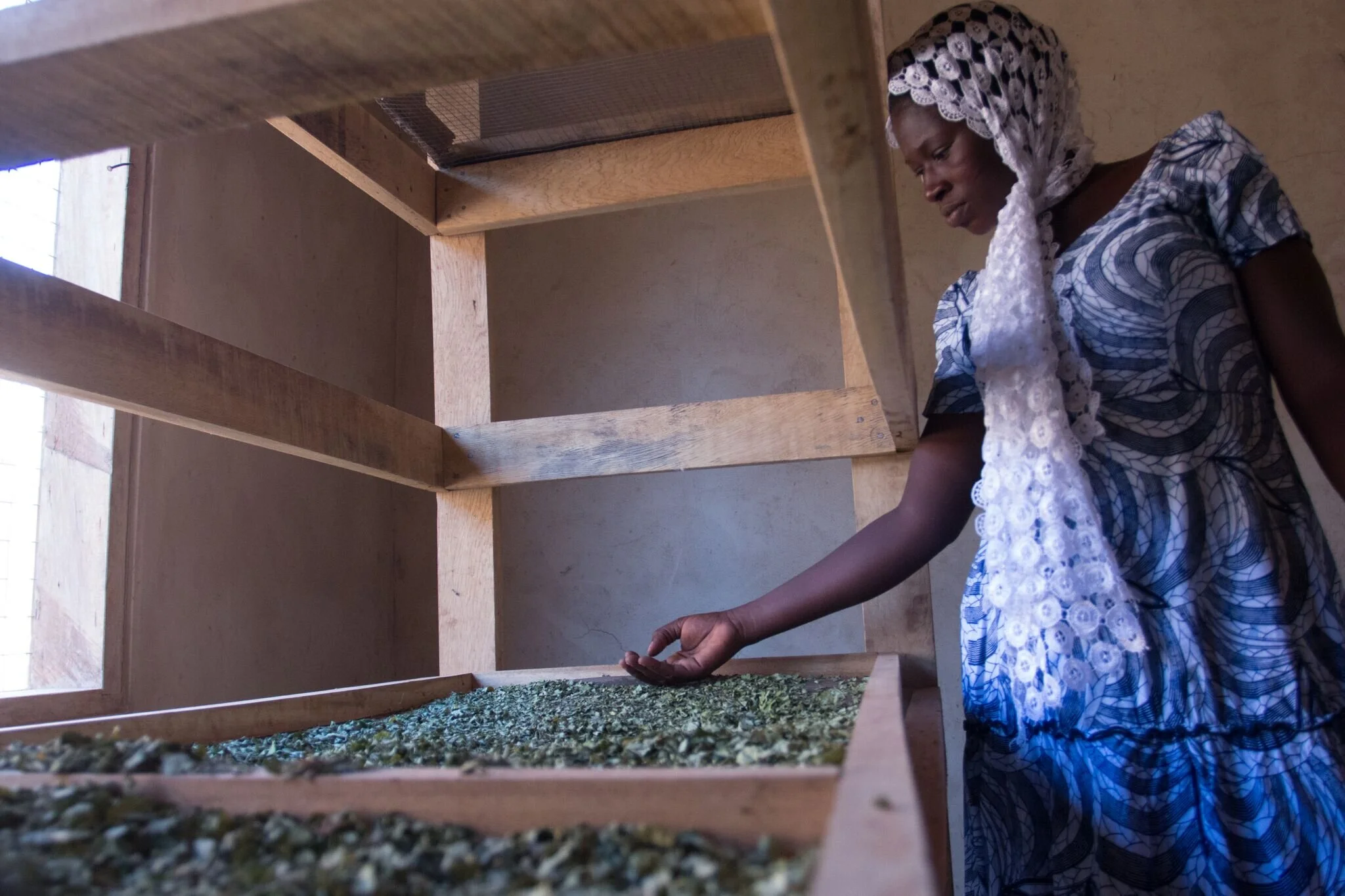Kuli Kuli
Kuli Kuli
Combatting malnutrition and empowering women moringa farmers.
BCTA MEMBERSHIP STATUS
Alumni
SECTOR
Agriculture, Food & Beverage
HEADQUARTERS
United States
REGION OF INITIATIVE
Africa, Latin America & Caribbean
SDG CONTRIBUTION
RELATED NEWS
Kuli Kuli Foods joined Business Call to Action in September 2018 with a commitment to add an additional 500 women to its 1500-person strong supply chain and to plant five million moringa trees by 2020. With its line of moringa-based health foods, Kuli Kuli is improving the lives of female farmers by providing job opportunities and improving nutrition in 13 countries around the world.
The moringa oleifera plant has nutrient-rich properties of iron, calcium, antioxidants and proteins
In West Africa, 18 million people are underfed and 55 per cent of the population live on less than US $1 a day. Malnutrition weakens communities, limiting individuals’ capacity to work. Yet small-holder farming communities have traditionally overlooked the local moringa oleifera plant and its nutrient-rich properties of iron, calcium, antioxidants and proteins as both a source of food and income potential.
Kuli Kuli Foods, founded by former Peace Corps volunteer Lisa Curtis, saw an opportunity to both create a niche healthfood product and reduce malnutrition among these communities. To date, Kuli Kuli has developed an organic moringa supply chain in three countries, planted over one million moringa trees and provided more than US $1.5 million in income to over 1,000 moringa farmers and women’s cooperatives.
The company sells Pure Moringa Powder, Green Smoothie Mixes, Energy Bars and Green Energy Shots in over 7,000 leading supermarkets across the US. As demand grows, so too does the supply of moringa leaves, and the need for the sustainable farming work providing economic opportunities for developing communities.
The social impact of the Kuli Kuli operation extends beyond income increases for women at the Base of the Economic Pyramid. The company also tackles malnutrition by educating its farmers about moringa’s health benefits, and ensures households of the suppliers can access the products for themselves. To ensure that Kuli Kuli's supply chain helps to improve nutrition and livelihoods for its farmers, it partners with nonprofits to pay fair wages and educate locals on the nutritional value of moringa.




